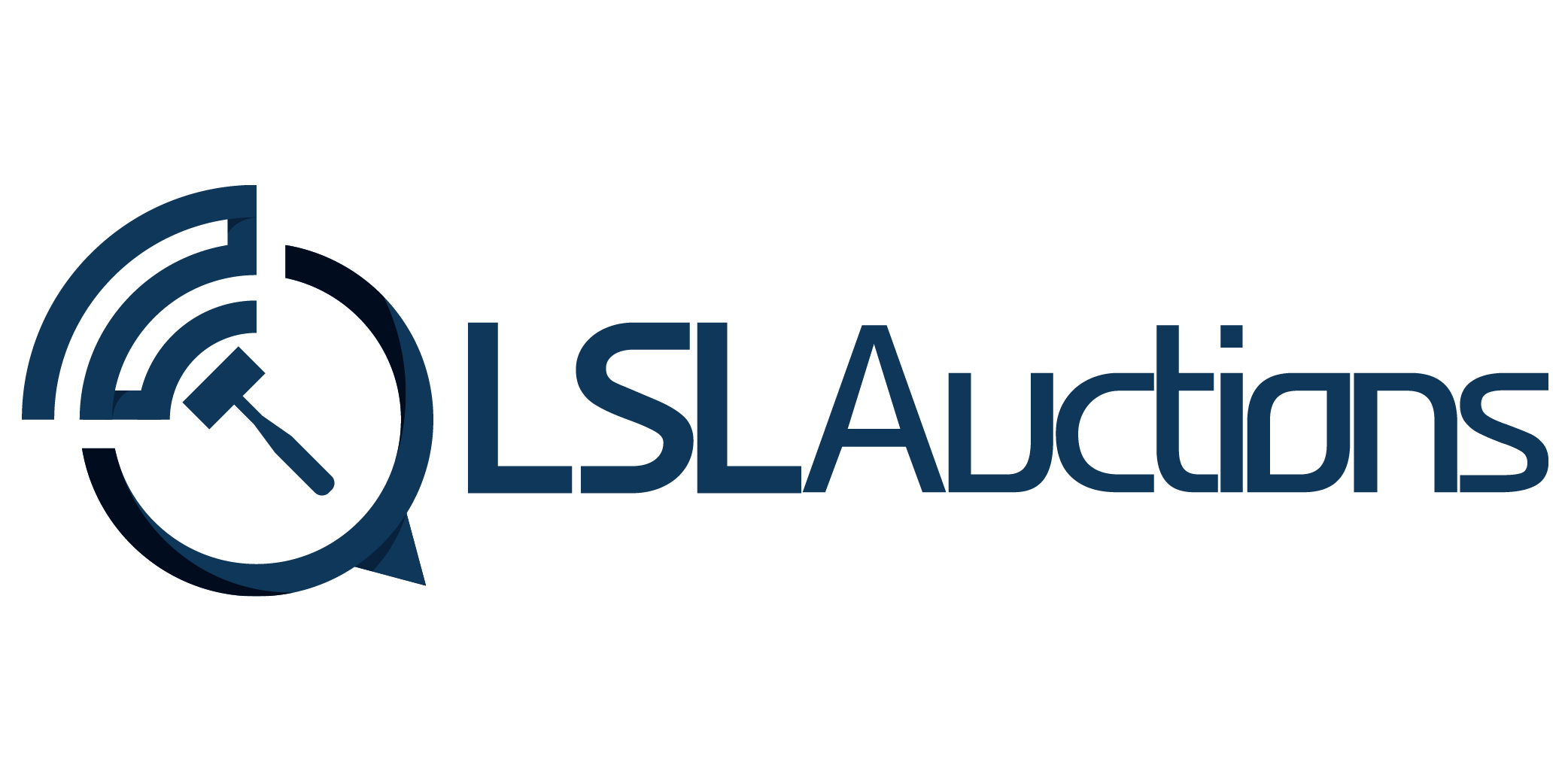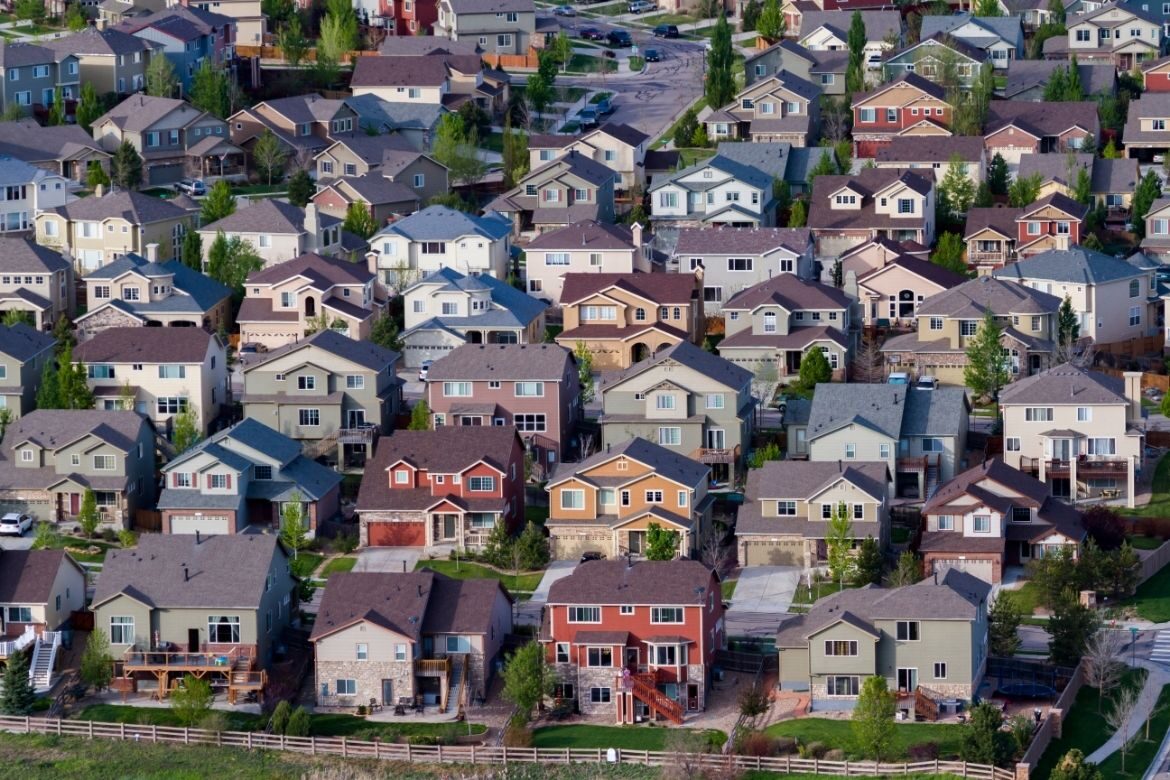There is an allocation of €60m this year to deliver around 550 homes under the Affordable Housing Fund, a scheme signed into law by Housing Minister Darragh O’Brien. But it has emerged that the just-published regulations of the scheme will allow home buyers on incomes of up to €100,000 qualify for it.
Sinn Féin’s Eoin Ó Broin’s view is that, “The eligibility criteria are far too broad and would see scarce resources going to people who don’t need it.” He said describing €410,000 homes as “affordable” make a mockery of the word.
Under the scheme, local authorities offer an interest-free equity stake to buyers who qualify to make the homes more affordable. The councils are also providing the land and serviced sites to developers to build the homes. Local authorities will receive a subsidy from the Department of Housing to cover their costs.
Buyers on incomes of €100,000 will be eligible for a government affordable homes scheme that will give them interest-free subsidies,
The scheme sees income limits for those who qualify based on taking three-and-a-half times an applicant’s gross income. The rules then stipulate that the applicant can use this three-and-a-half times income amount to qualify, as long as it does not exceed 85.5pc of the property’s value. Therefore, in the case of a €410,000 home, multiplying by 85.5pc works out at €350,000.
This means that a person on a salary of €100,000 would qualify under the eligibility criteria to buy an affordable home for €410,000. Mr Ó Broin said: “I don’t believe anyone on that income would have a difficulty purchasing a home at the moment, even with our very high prices.”
The eligibility criteria also allow people on high incomes to qualify for the scheme if they have two letters of refusal from mortgage lenders.
The TD wants an income limit of €85,000, with some flexibility for those who can demonstrate they can’t get mainstream bank finance.

